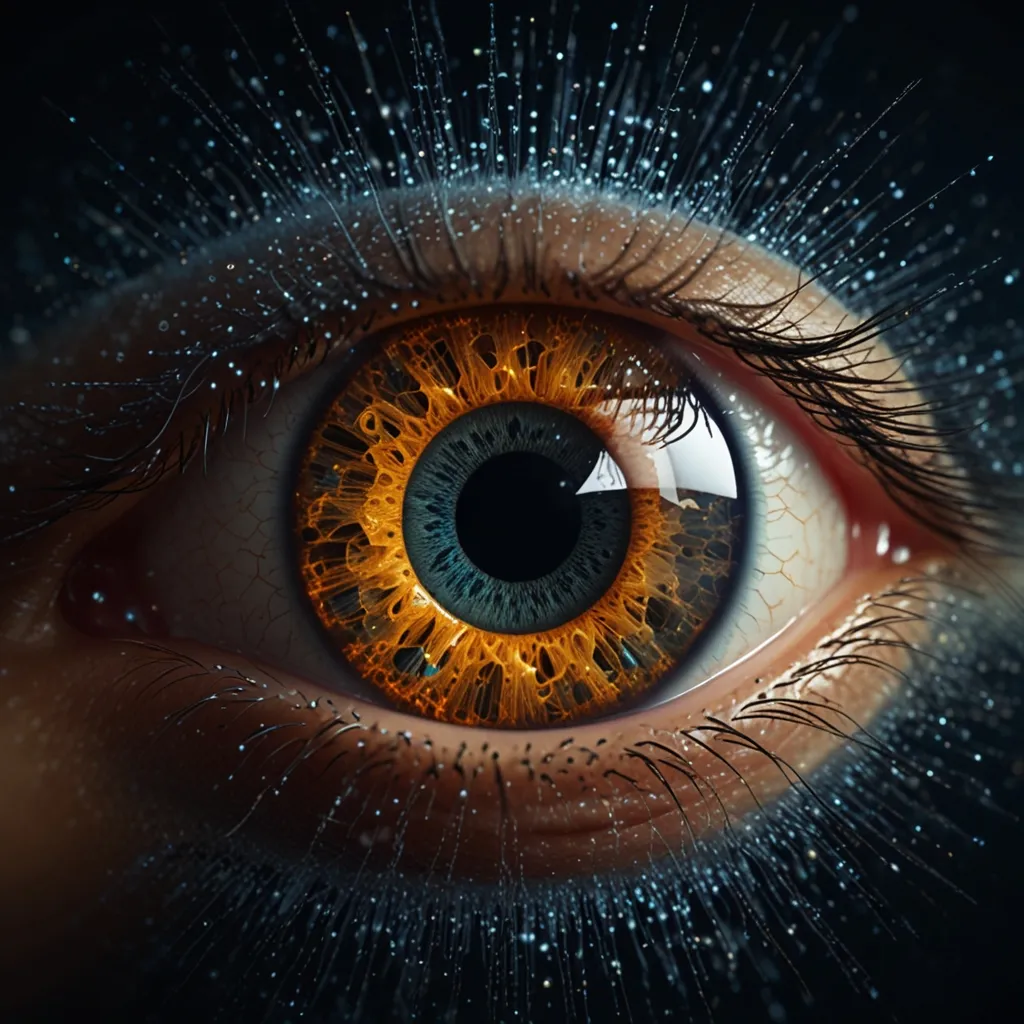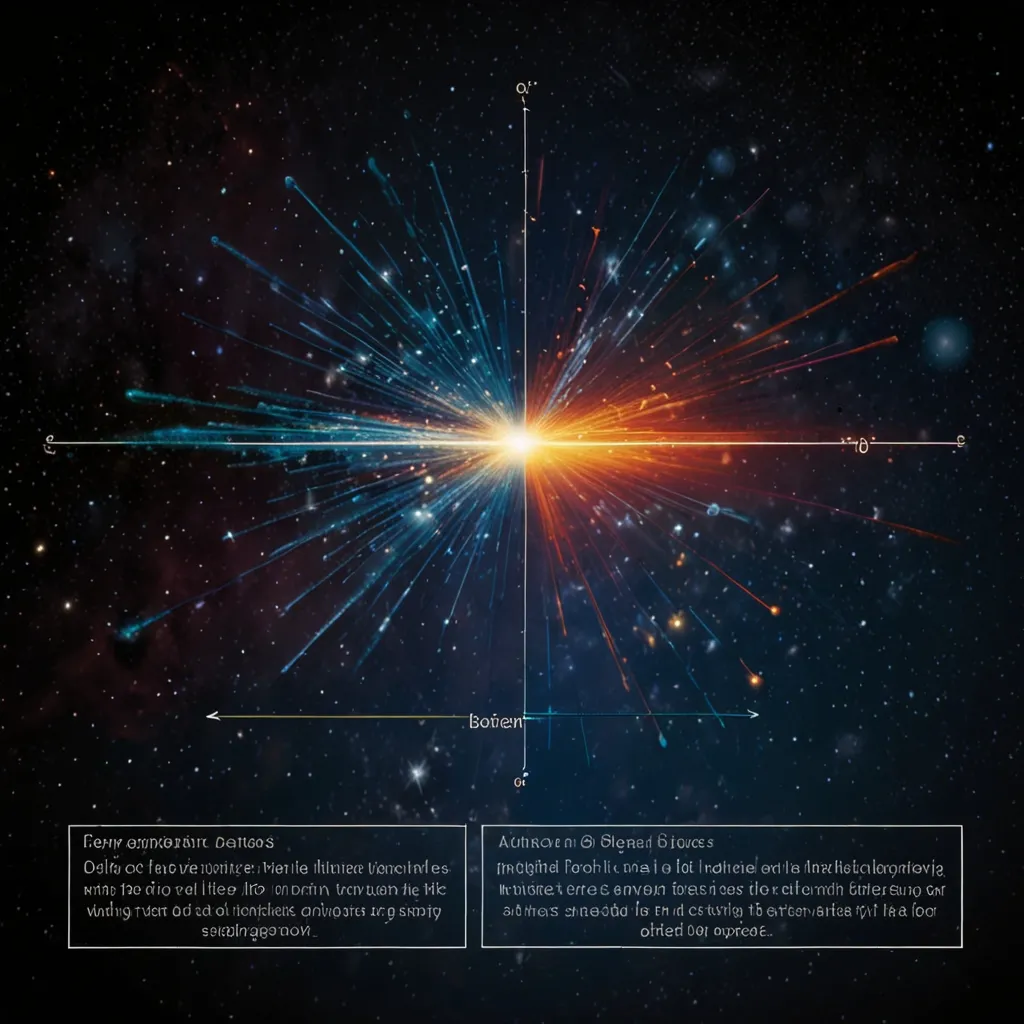As you read this, countless tiny quantum objects, called photons, are entering your eyes. These photons are the universe’s smallest carriers of measurable energy, transporting not only energy but also information. Essentially, photons enable you to see, learn about your surroundings, and are fundamental to life itself. Without photons, our universe would be dark, and life as we know it wouldn’t exist.
Scientifically, photons have fascinated researchers for decades. They are the carriers of the electromagnetic force, critical for holding atoms together, and are the foundation of electricity and modern electronics. But, an intriguing question remains: do photons have mass? Textbooks often assert that photons are massless, but is this an absolute fact? Has their masslessness been conclusively measured?
We measure the speed of light with great precision—299,792,458 meters per second. According to Einstein’s theory of relativity, massless objects should always move at this speed in a vacuum. However, this is an assumption. If photons had even a slight mass, their velocity would be less than this maximum speed. Essentially, we don’t know if photons are truly massless because we haven’t measured anything faster.
The speed of light isn’t necessarily the point in relativity; it’s about the speed of information flow, required to preserve causality. If photons were not truly massless, the speed of light wouldn’t be the universal speed limit but rather the speed of causality—the information flow speed.
Another particle, the gluon, also thought to be massless, poses its own challenges due to the strong force, keeping them bound within atomic nuclei. Therefore, we can’t measure gluon speeds as easily as photons.
If photons had detectable mass, we might observe finite electromagnetic forces or variations in photon speeds based on their wavelengths. Gravity might bend light differently, creating prism effects that we don’t currently observe. Yet, the universe doesn’t appear this way, indicating any photon mass, if it exists, is incredibly small.
While current theories treat photons as massless, and our models work well under this assumption, the minute possibility remains that photons might have an infinitesimal mass. This doesn’t contradict relativity, as our experiments suggest that if photons do have mass, it’s exceptionally low.
In conclusion, we can’t definitively say that photons are massless. The mass, if it exists, is so negligible that it doesn’t impact our current understanding of physics significantly. This ongoing investigation continues to challenge and refine our comprehension of the universe.






